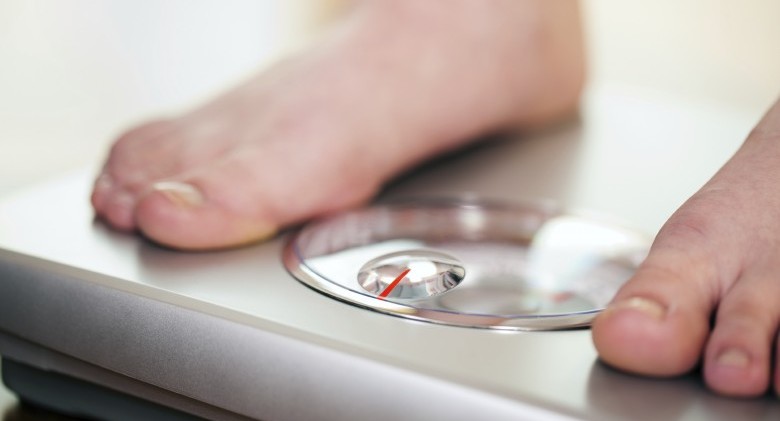Diabetes is horrible for 347 million reasons. But it doesn’t have to be a death sentence—or even daily insulin shots. It starts by knowing the warning signs. Here are ten of the most subtle yet vital warning signs to know that could save your life.
1. Excessive Thirst

When glucose levels in the blood are high, it ultimately leads to water being absorbed out of the bloodstream. This brings on thirst, which in itself, might seem like a minor nuisance. However, the underlying reason for the dehydration can be very serious. The immediate effects of untreated diabetes-related severe dehydration can include headaches, nausea, dizziness, fainting, coma, organ failure or even death.
2. Frequent Urination

The average person urinates about seven times in 24 hours. People with diabetes go more frequently. The reason is the increased glucose (sugar) in the blood. Glucose is meant to be absorbed into the body’s cells, but in diabetics this absorption does not happen, leaving the sugar to build up in the bloodstream. The extra glucose in the blood causes the kidneys to go into filtering overdrive, forcing the pair of organs to store more fluid—and make more urine. Frequent trips to the restroom lead to other effects.
WATCH A NEW WAY TO FIGHT DIABETES. CLICK HERE.
3. Fatigue

Frequent trips to the “john” are not reserved just for daytimes. Waking up in the middle of the night to urinate disrupts healthy sleep patterns. Enough interruptions (possibly even one!) can leave a person tired long after the alarm goes off in the morning. Another reason fatigue is a symptom of diabetes is more biological. The glucose in the blood is failing to give the body’s cells energy because there is not sufficient insulin to allow the glucose to enter the cells. When the cells are deprived of energy, fatigue follows. But that’s not all. . .
4. Excessive Hunger

As the glucose fails to feed the cells the energy they need, the cells begin to starve. And so does the person. Hunger accompanies blood sugar level spikes and drops. In the case of a drop, the body thinks it has not been fed. It craves more glucose, i.e. food.
CAN THIS DIET REALLY DESTROY DIABETES? CLICK TO WATCH.
5. Blurred Vision

High glucose levels in the blood can cause the eye and the lens to swell, changing the shape of the lens, leading to blurred vision. If checked, this can be corrected. If left unchecked, it can lead to more serious and permanent problems like blindness.
6. Yeast Infections

Fungi and bacteria love sugar. Glucose is sugar, so high levels foster fungi. One of the most common fungal reactions to diabetes is yeast infections. Affecting both men and women, yeast infections feed on glucose and grow between fingers and toes, in and around the sexual organs and under breasts.
WATCH A NEW WAY TO FIGHT DIABETES. CLICK HERE.
7. Unplanned Weight Loss

Without sufficient insulin to allow cells to absorb the glucose from food, the body thinks it is being starved. Weight loss is a sign that the body is breaking down its own muscle and fat to generate an alternative source of fuel. It’s possible to unexpectedly lose up to twenty pounds in two or three months. But it doesn’t end there. . .
8. Fruity Breath

Ketones in the blood can cause the breath to smell fruity or sweet. These acids typically show up when there is not enough insulin in the body. Ketones are more common in type 1 diabetes and can be associated with having a hard time breathing or. . .
CAN THIS DIET REALLY DESTROY DIABETES? CLICK TO WATCH.
9. Numbness In Legs and Feet

Numb arms, hands, legs, or feet are another result of nerve damage from consistently high glucose levels. Pain or tingling is also a sign, although some people who have diabetes may not experience any of these symptoms.
10. Abdominal Pain

Stomach aches are a symptom and the consequence of a damaged vagus nerve. This nerve controls how quickly food leaves the stomach. When it’s damaged, digestion is delayed and food remains in the stomach too long. This can cause queasiness or pain. The condition, called gastroparesis, is typically not an early warning sign, occurring years after living with diabetes.
WATCH A NEW WAY TO FIGHT DIABETES. CLICK HERE.
Now Watch This Video And Learn What You Can Do About Diabetes.

[Featured Image Credit: www.mcntalk.com]
